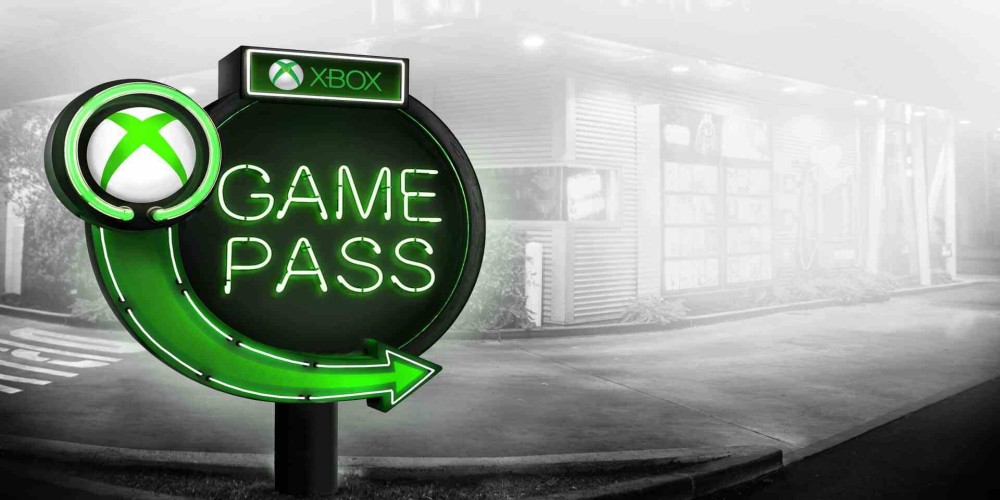Microsoft Announces Significant Price Increases for Xbox Game Pass Tiers
- 0

As the gaming industry evolves, subscription services continue to adapt and modify their pricing structures. Microsoft has recently announced substantial changes to its Xbox Game Pass subscription tiers, affecting both current and new subscribers. The new pricing, effective from July 10, aims to reflect the increasing value and extensive library offered by the service while also introducing a new tier to cater to diverse user needs. This strategic move marks a significant shift as Microsoft endeavors to balance expanding content offerings with economic demand.
One of the most notable changes is the increase in the Xbox Game Pass Ultimate subscription. Previously priced at $16.99 per month, this tier will now cost subscribers $19.99 per month. This adjustment represents a $3 increase and underscores Microsoft's effort to maintain the premium nature of the Ultimate subscription, which includes access to both console and PC games, as well as cloud gaming options. Meanwhile, the PC Game Pass will see a jump from $9.99 to $11.99 per month, continuing to offer day-one releases as part of its package, ensuring that PC gamers have access to the latest titles without delay.
In response to consumer feedback and market trends, Microsoft is also introducing a new "Standard" tier. This option, priced at $14.99 per month, specifically excludes access to day-one releases. This adjustment implies that games like the much-anticipated Call of Duty: Black Ops 6 will not be available immediately to Standard tier subscribers. By tailoring this new tier, Microsoft hopes to attract a broader audience who may not prioritize immediate access to new releases but still wish to benefit from a substantial collection of games.
Current subscribers to Xbox Game Pass for Console, who pay $10.99 per month, will experience no change in their pricing as long as they maintain active auto-renewal settings. This decision protects loyal members from immediate price hikes and ensures continued access to day-one releases. However, the introduction of the Standard plan is exclusive to new members, indicating Microsoft's strategic approach to retaining its existing subscriber base while appealing to new users who may seek a less expensive entry point.
The lowest tier, known as Xbox Game Pass Core (which replaced Xbox Live Gold), will also see an annual price increase from $59.99 to $74.99, equating to a 25% rise. Despite this increase, the monthly cost remains stable at $9.99. Additionally, Microsoft is imposing a limit on subscription extensions, restricting them to a maximum of 13 months. This move may be viewed as an effort to manage subscription renewals strategically and prevent extended lock-ins at older, lower rates.
In conclusion, Microsoft's decision to raise Xbox Game Pass prices and introduce new subscription options reflects its commitment to enhancing the value of its gaming services. While the price increases may concern some subscribers, the expanded content library and continued access to new releases could justify the additional costs. Microsoft's strategic alterations suggest a dynamic approach to staying competitive in the evolving gaming market while meeting the diverse needs of its user base.